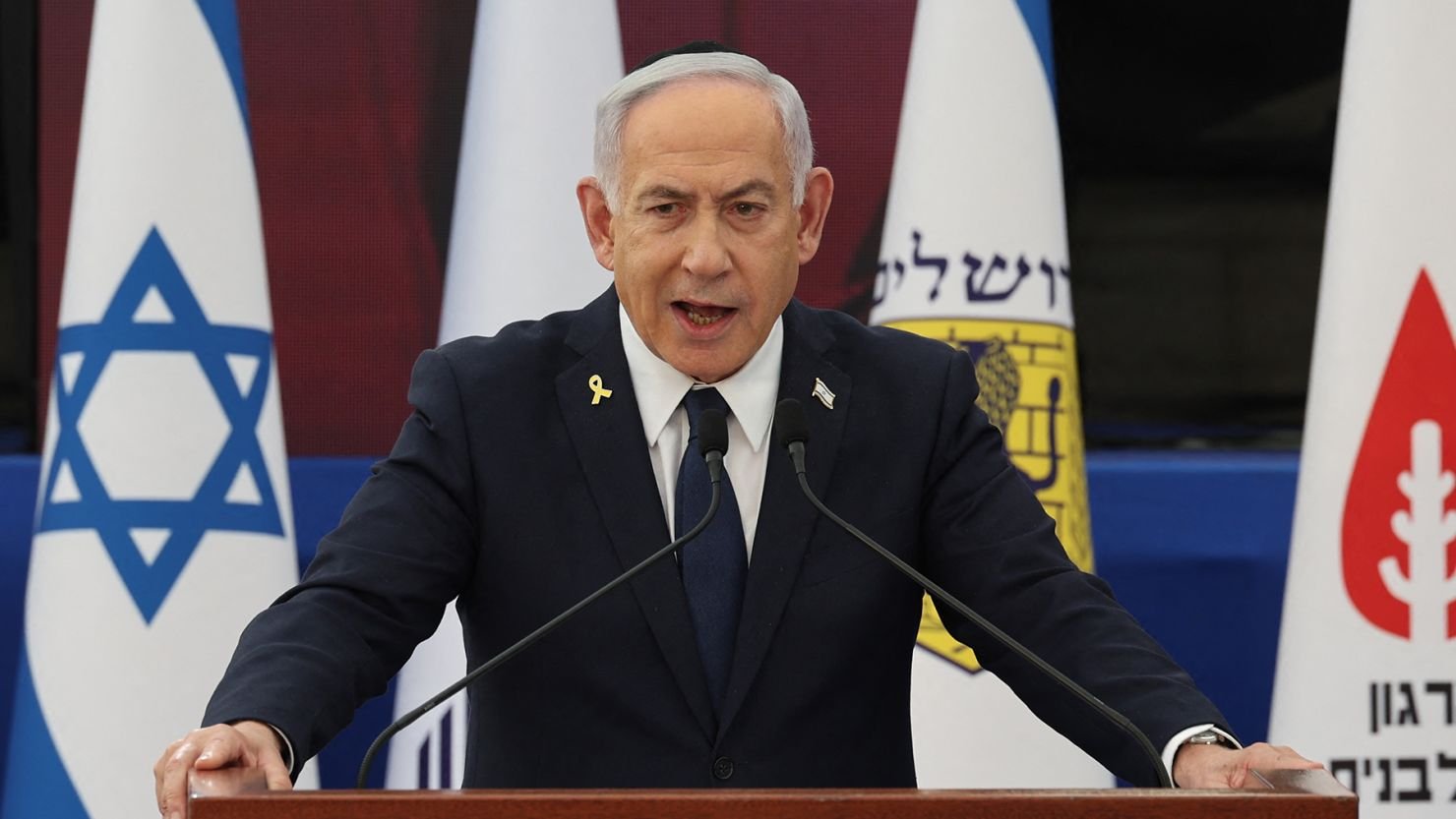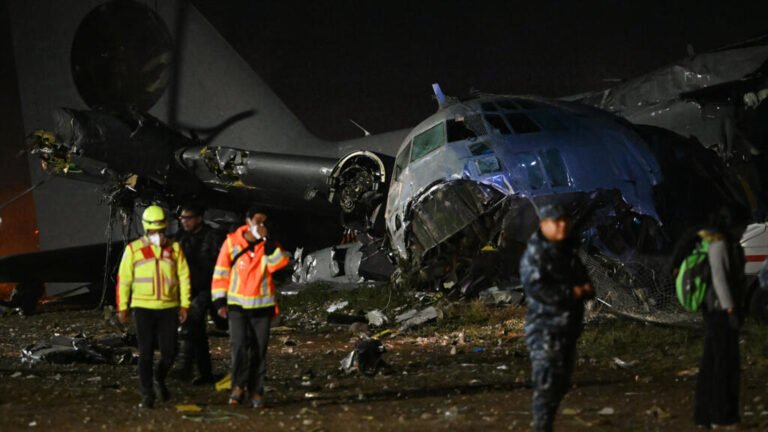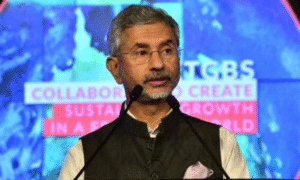Israeli Prime Minister Benjamin Netanyahu said Thursday the country’s “struggle is not over,” just days after Israel and Hamas agreed to a ceasefire deal that has since been blighted by a dispute over the return of deceased hostages.
Earlier this week, Hamas released the 20 remaining living hostages as part of the ceasefire agreement brokered by the United States, Egypt, Qatar and Turkey. Israel also released more than 1,700 Palestinian detainees it had been holding without charge, as well as 250 Palestinian prisoners.
But in Israel, some of the relief felt in the wake of the agreement has been eclipsed by anger that Hamas so far has released only the remains of nine of the 28 deceased hostages held in Gaza.
Ad Feedback
In an address Thursday to commemorate fallen Israeli soldiers and mark the anniversary — under the Hebrew calendar — of Hamas’ October 7, 2023, attack, Netanyahu vowed that Israel will “achieve all the goals of this war.”
Speaking at Jerusalem’s Mount Herzl cemetery, Netanyahu declared: “The struggle is not over, but one thing is clear today: Anyone who raises his hand against us already knows that he will pay a very heavy price for his aggression. We are determined to complete the victory, a victory that will shape the course of our lives for many years.”
Hamas’ military wing said Wednesday that “significant efforts and special equipment” are needed to recover the bodies of the remaining hostages in Gaza. In a statement, Hamas’ al-Qassam Brigades said the group has “abided by what was agreed upon and has handed over all the living captives in its possession and the corpses it could access.”
But Israel believes that Hamas knows the locations of some of the deceased hostages it claims are missing, according to two Israeli sources familiar with the matter. One of the sources said Israel believes that Hamas has access to at least six other bodies and possibly more. The source said Israel knows that five of the bodies “have disappeared,” while there is an ongoing dispute with Hamas about several other bodies.
Israel and Hamas had agreed on a mechanism for searching for the remains of bodies whose whereabouts are unknown, but that mechanism has not begun operating.
The United States does not believe that Hamas is violating its commitments to the agreement by failing to produce the bodies, two senior US advisers told CNN on Wednesday. The advisers said they received assurances from Hamas, via third-party mediators, that the group would do everything possible to return the remaining bodies.
The US is actively working through mediators to provide intelligence and logistical support to locate the remaining bodies, which in many cases could be buried under rubble and debris. Large swaths of Gaza have been flattened by Israeli bombardment, and roughly 92% of housing in Gaza has been destroyed or damaged, according to the latest United Nations figures released Thursday.
An Israeli official told CNN that Israel has shared information, based on its intelligence, on the location of some of the bodies of deceased hostages in Gaza.
The US advisers also told CNN that other countries have offered help, including Turkey, which has proposed sending a team of body-retrieval specialists with expertise in locating remains left behind in earthquakes.
The delay in securing the return of all the bodies is souring the elation felt by Israelis on Monday, when all 20 remaining living hostages came home.
The Hostages and Missing Families Forum said in a statement that the ceasefire deal “cannot continue to be implemented without Hamas returning all the hostages.” The group demanded that Hamas “fulfill its obligations.”
“Any decision that weakens pressure on Hamas or allows the agreement to continue while hostages remain unreturned would be a grave moral and leadership failure,” the forum’s statement added in an apparent effort to place pressure on the Israeli government as well. “The job is not done. Our loved ones have not yet come home as promised.”
After threatening to restrict humanitarian aid to Gaza in order to pressure Hamas to release more bodies, Israel appears to have backed down and is now allowing quantities of aid into the enclave in line with the amounts required under the ceasefire agreement, US and Israeli officials said.
A tally from Israel’s Coordinator of Government Activities in the Territories (COGAT), obtained by CNN, showed that more than 700 trucks crossed into Gaza on Wednesday, with fuel and gas among the items moved into the territory. The ceasefire agreement stipulates 600 trucks a day.
A vast majority of the trucks went through the Kerem Shalom crossing near Egypt, while fewer than 100 crossed through Kissufim in central Gaza.
CNN has reached out to COGAT for comment.
Hamas’ Government Media Office said 480 humanitarian aid trucks, including three with cooking gas and six with diesel fuel, entered Gaza on Wednesday.
Earlier, the UN had expressed concern over threatened restrictions on aid, saying it could not become a bargaining chip.
“Facilitation of aid is a legal obligation,” UN Emergency Relief Coordinator Tom Fletcher said Wednesday in a statement on Gaza.
Meanwhile, Netanyahu has yet to declare the war officially over and has avoided the issue of a potential resumption of fighting.
Israel’s military still occupies roughly 50% of Gaza, and the ceasefire agreement stipulates that its withdrawal is contingent on Hamas disarming — two sticking points in the ceasefire deal that have yet to be worked out.
“Great challenges still lie ahead from enemies seeking to rearm,” Netanyahu said at Thursday’s ceremony. “Great challenges — and alongside them, dramatic opportunities to expand the circle of peace.”
He also pledged once again to “bring back all the hostages.”




















